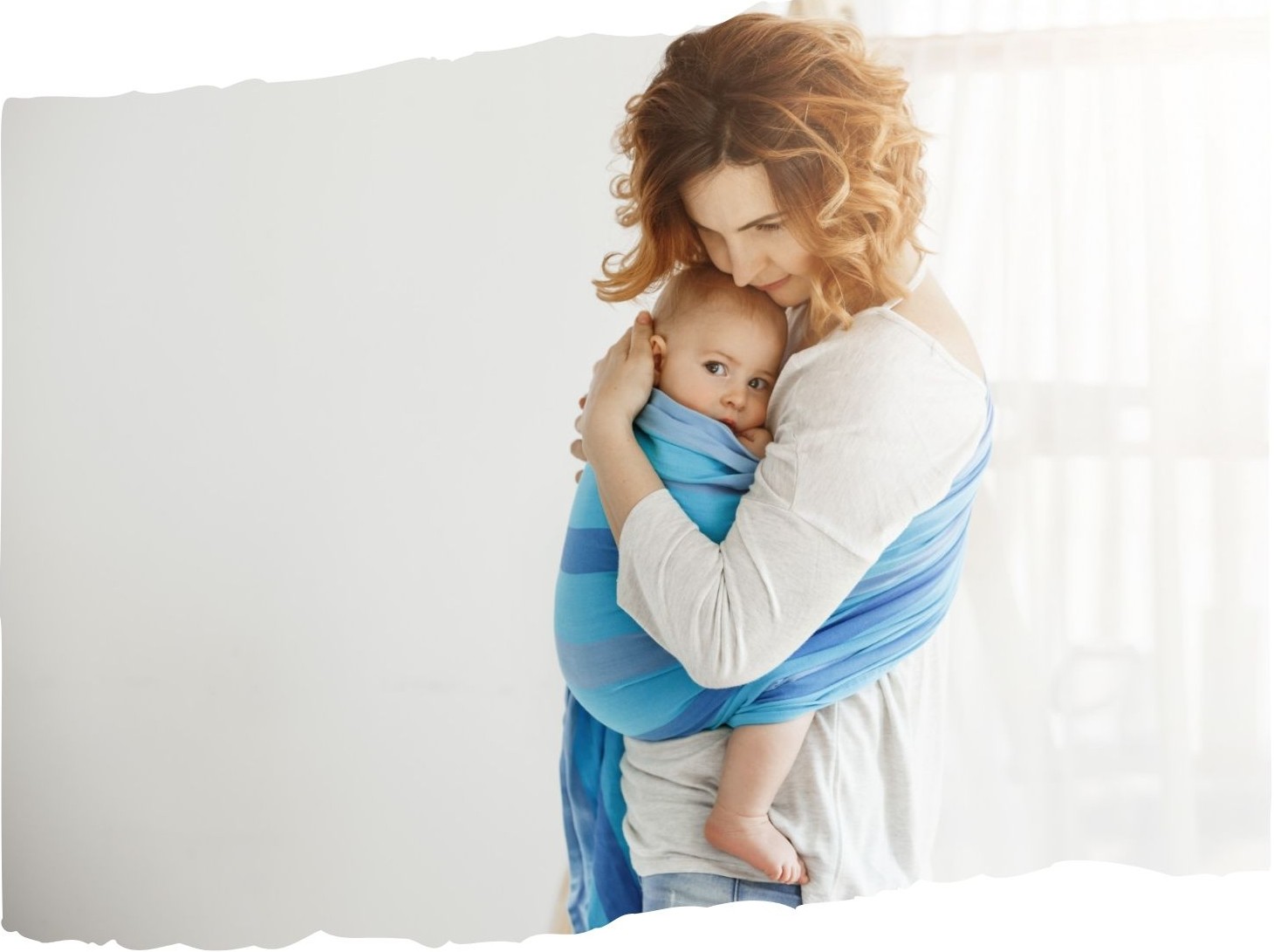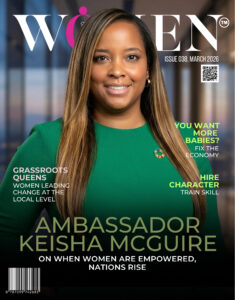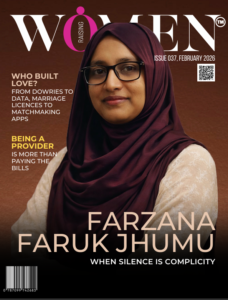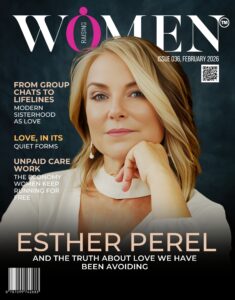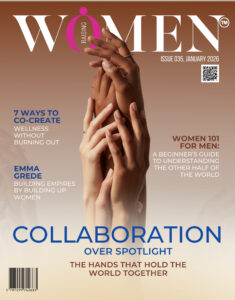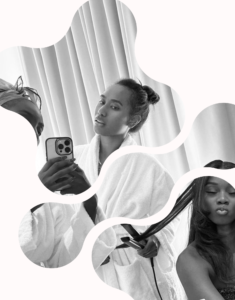By Tilly Boateng
We love a neat narrative. Girl meets boy. They fall in love. She gets pregnant. Nine months later, there’s a baby and a happily ever after. Preferably with soft lighting, matching onesies, and a partner who cuts the umbilical cord.
But life isn’t a Pampers advert.
In reality, motherhood wears many faces. For some women, it’s a swift journey. For others, it’s a years-long saga involving syringes, strangers, and surgical scars. It can begin with prayer and end in adoption. It can begin with optimism and end in miscarriage. For millions, it never begins at all. Yet, we still hold “natural pregnancy” as the gold standard.
It’s time we ditched the outdated script and wrote new ones that reflect the messy, miraculous, often misunderstood ways women become mothers.
Natural Conception Isn’t Always Natural
The default expectation is clear. Get married, have sex, and let nature take its course. But for millions of couples, nature has other plans.
The World Health Organization reports that one in six people globally experience infertility. This statistic alone should reset how we speak about conception. For many women, what’s billed as a “natural” journey becomes an emotional obstacle course filled with timed sex, ovulation strips, and monthly heartbreak.
Despite the emotional toll, women often face thoughtless comments: “Just relax,” or “You’re trying too hard,” as if a positive mindset alone will unlock the uterus.
IUI and IVF: Love Meets Science
Enter the marvels of modern fertility treatment. Intrauterine insemination (IUI) and in vitro fertilisation (IVF) offer hope where biology falters.
IUI involves inserting sperm directly into the uterus at peak fertility. IVF is more intensive, involving hormonal stimulation, egg retrieval, fertilisation in a lab, and embryo transfer.
It sounds high-tech, but it feels deeply personal.
Women undergoing IVF experience hormonal chaos, physical exhaustion, and the constant anxiety of whether or not this attempt will be “the one.” It is expensive, both financially and emotionally. In the UK, one cycle can cost around £5,000, while in the U.S., the average is $12,000 to $15,000 per cycle, excluding medications.
Yet, critics still reduce it to “a shortcut.” There’s nothing short about injecting yourself daily, enduring bloating, bruises, and heartbreak, just to be told at the end that the embryo didn’t take.
C-Sections: The Stitches of Survival
If IVF is often dismissed as “unnatural,” Caesarean births face similar stigma. Roughly 21 percent of births worldwide occur via C-section, according to the WHO, yet women who don’t push their babies out are often told they didn’t “really” give birth.
C-sections are major surgeries. They save lives. They leave physical and emotional scars. Yet, a woman who delivers via C-section is still sometimes met with backhanded comments like, “At least you didn’t go through real labour.”
Let’s be clear. Real labour includes surviving pre-eclampsia, breech births, or placenta previa. Sometimes, strength looks like surrendering to the scalpel so both mother and baby live to tell the tale.
Donor Eggs and Sperm: Parenting Beyond DNA
Donor conception, using another person’s egg or sperm, has become a vital option for women with low ovarian reserve, same-sex couples, or individuals with genetic risks.
It’s a choice that comes with its own set of emotional hurdles. There’s the silent grief of losing a genetic connection, the fear of disclosure, and the worry about societal judgment.
But there is also empowerment in choosing to parent intentionally, to welcome a child through generosity and science. Love isn’t in the genes. It’s in the everyday care, the lullabies, the scraped knees, and the 2 a.m. feedings.
Still, critics ask, “Is the baby really yours?” Yes. Fully. Irrevocably. Because parenting is built in the doing, not the DNA.
Surrogacy: A Sacred Collaboration
Surrogacy is often the last stop on a long journey. For women with absent or damaged wombs, repeated miscarriages, or serious health conditions, this can be the only way to have a biological child.
It’s a complex arrangement that involves trust, transparency, and tenacity. Yet, it is one of the most scrutinised paths to motherhood.
When Chimamanda Ngozi Adichie revealed that she had welcomed twins through surrogacy, the response was split. Some congratulated her. Others whispered about why she kept it private, as if a woman’s womb is public property.
Surrogacy is not indulgence. It is sacrifice, by both the intending parent and the surrogate who carries the child. It’s time we stop treating it like a moral compromise.
Miscarriage: The Grief No One Brings Flowers For
Miscarriage is invisible pain. It doesn’t come with announcements or celebrations, but it leaves an aching emptiness that never fully disappears.
Globally, about one in four pregnancies end in miscarriage. Many women suffer silently, surrounded by baby showers and unsolicited advice.
People say, “At least it was early,” or “You can try again.” What they miss is that from the moment the line turned blue, the dream began. And when that dream ends abruptly, so does a part of the woman’s spirit.
The silence around miscarriage makes the pain worse. We need to make room for these stories, too.
Adoption: Chosen Love
For some women, motherhood doesn’t begin with a pregnancy test, but with a decision. Adoption is not a backup plan. It’s an act of fierce intentional love.
It’s also deeply complex. Prospective adoptive parents navigate background checks, home studies, and waiting lists. They often face uncomfortable questions like, “But don’t you want one of your own?” The truth is, they do. They just define “own” differently. And rightly so.
Adoption isn’t for the faint of heart. But it’s for the brave, the open, the ones who understand that family isn’t born, it’s built.
AI and Fertility Tech: The Future Is (Almost) Here
As fertility challenges grow, so does innovation. AI and tech are now entering the reproductive chat.
Apps like Ovia, Clue, and Natural Cycles use AI to track cycles, hormone levels, and predict fertile windows. Some even link with wearables that monitor basal temperature and other indicators to personalise fertility predictions.
Then there’s embryo grading powered by machine learning. Instead of relying on embryologists’ subjective views, AI algorithms now assess embryo viability, increasing IVF success rates.
Robotic surgery is enhancing precision in reproductive health procedures, while CRISPR gene editing continues to stir ethical debates around editing embryos for disease prevention or enhancement.
And what about IVG, in vitro gametogenesis? Scientists are exploring ways to create eggs and sperm from skin cells. If successful, it could offer hope for cancer survivors or same-sex couples wishing to have genetically related children.
The future is thrilling, but not without concern. Critics warn about over-commercialising fertility and argue that access remains limited to the wealthy. As with all innovation, equity must lead the conversation.
What the Critics Say
Critics of assisted reproduction and non-traditional parenting routes often lean into the idea that science is “interfering with nature.” They say motherhood should be “earned through suffering,” as if pain validates parenting.
They question surrogacy ethics, call donor conception unnatural, and brand C-sections as convenient. They romanticise vaginal birth, demonise fertility clinics, and reduce adoption to “Plan B.”
But here’s what they miss. Every woman who chooses an alternative path has already fought hard. She’s had to rewrite expectations, face stigma, and walk into rooms filled with judgment and still say, “I want to be a mother.”
There’s nothing unnatural about that.
Motherhood Reimagined
The truth is, every form of childbearing, whether natural or assisted, biological or adopted, requires immense strength. The woman who injects herself with hormones at dawn. The one who lies in an operating room. The woman who flies across countries to meet her adopted child. The one who miscarries and still smiles at baby announcements. These are the real heroines.
Motherhood isn’t a one-size-fits-all journey. It’s a mosaic of paths, each one shaped by love, longing, and often loss.
We must stop ranking these journeys. Stop asking, “Was it natural?” or “Did she carry the baby herself?” and start asking, “How can we support her better?”
Every Path is Valid
To every woman reading this who has felt “less than” because your route to motherhood didn’t follow the script, please know this.
You are not alone. You are not broken. You are not a footnote in someone else’s story. You are the story.
Whether you carried your child, adopted them, or are still trying, you are a mother in spirit and in strength. Whether you used IVF, a donor, a surrogate, or prayer, you did what it took. And that deserves honour, not shame.
We must raise awareness, raise standards, and raise each other.
Because raising women starts long before we raise children. And every journey, no matter how unconventional, is deeply, beautifully valid.
You’ve already done the most remarkable thing… you chose love. And love, in all its forms, is always enough.

